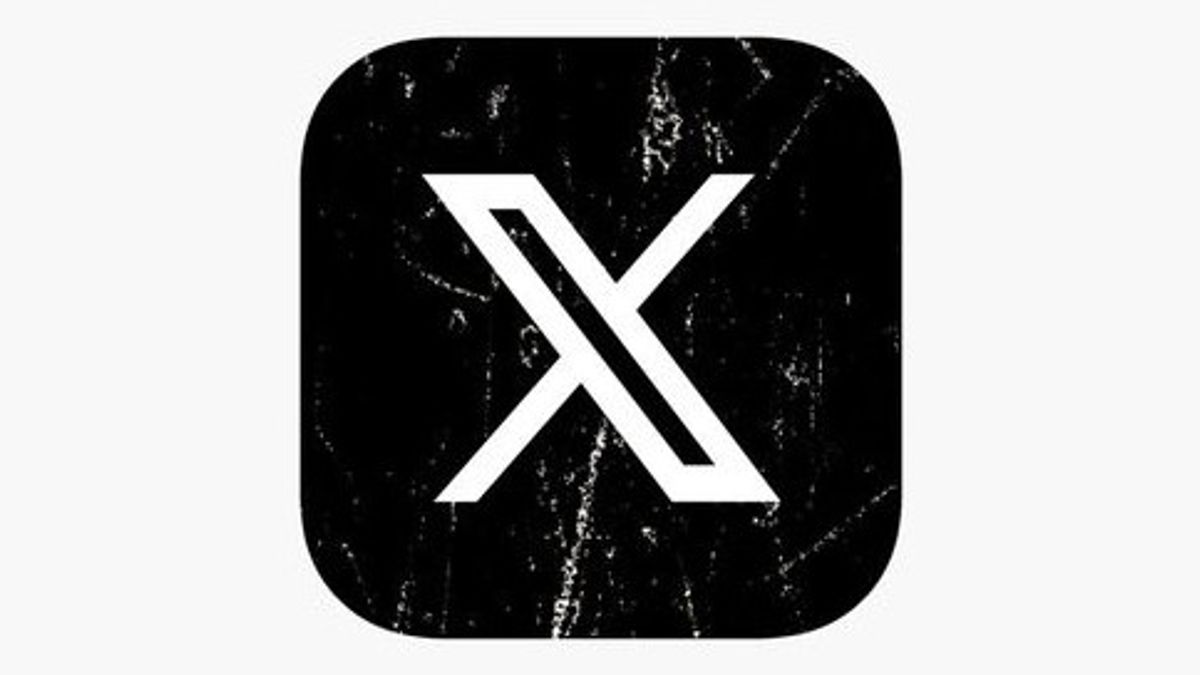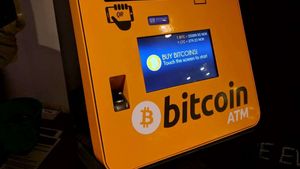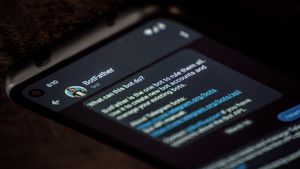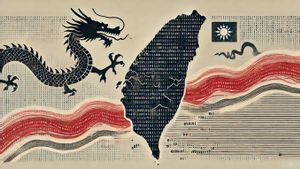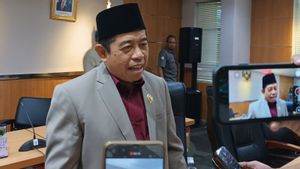JAKARTA - The United States Supreme Court on Monday January 8, rejected a request from Elon Musk's X Corp to consider whether social media companies, previously called Twitter, could publicly disclose how often federal law enforcement is seeking information about users for national security investigations.
The judges refused to hear X's appeal against lower court decisions stating that the FBI's restrictions on what the company could publicly say about the investigation did not violate the right to free speech under the First Amendment to the US Constitution.
X said it was "important" for judges to handle the case to set clear standards for when and how technology companies could talk about government requests regarding classified information about their users for surveillance purposes.
"Experience shows that electronic communication surveillance is a fertile field for abuse of the government and an intense political topic of public concern," lawyer X wrote in his petition to the Supreme Court.
The longstanding lawsuit came in 2014, long before Musk acquired Twitter in 2022, after former National Security Agency (NSA) contractor Edward Snowden leaked information in 2013 about the extent of US spy and surveillance efforts.
In response to public protests over the disclosure of the leak of Snowden, the US government at the request of tech companies, including Google from Alphabet, Microsoft, Twitter, and Facebook owner Meta Platforms, agreed to ease restrictions on what they could reveal about the data the government requested regarding national security investigations.
The revised policy, announced in 2014, allows companies to disclose in a wide range rather than in the right numbers of how often they receive requests related to national security.
Congress in 2015 passed legislation allowing companies to disclose limited information about how often they receive national security warrants and orders under the Foreign Intelligence Surveillance Act seeking user data.
SEE ALSO:
However, they can still do so in just a wide range of numbers. Depending on the type of report they publish, the company can disclose the government's request for data in the range from at least 100 to as many as 1,000.
X, then known as Twitter, said in his lawsuit that they wanted to go further and disclose the exact amount within the previous six months the government requested him with a national security order to seek information.
The company filed a draft report for the Federal Bureau of Investigation before suing, but the FBI concluded the information in the report was classified as confidential and could not be disclosed publicly.
A trial judge rejected Twitter's lawsuit, and a panel of three judges at the San Francisco-based United States Court of Appeal upheld the decision in March 2023. They said "the government's restrictions on Twitter's remarks were narrowly designed to support the strong government's interests."
The English, Chinese, Japanese, Arabic, and French versions are automatically generated by the AI. So there may still be inaccuracies in translating, please always see Indonesian as our main language. (system supported by DigitalSiber.id)
